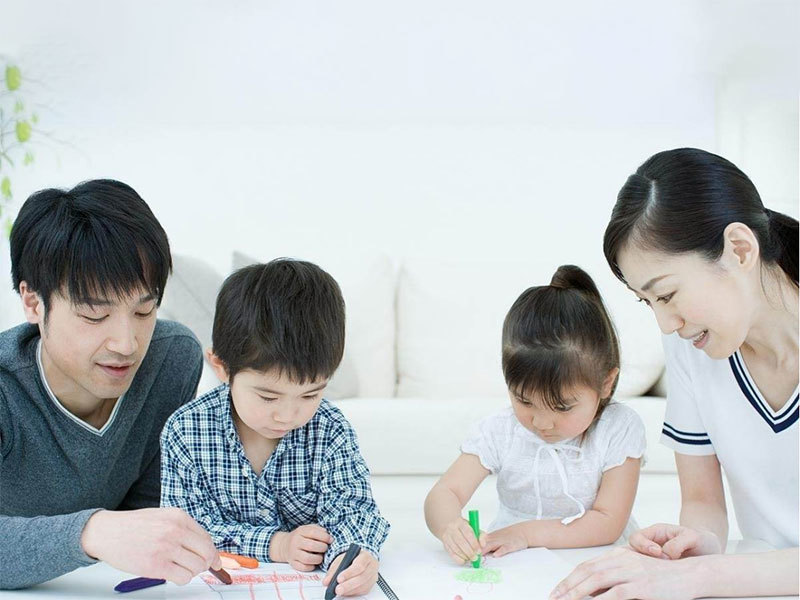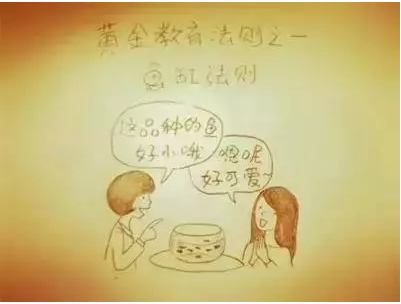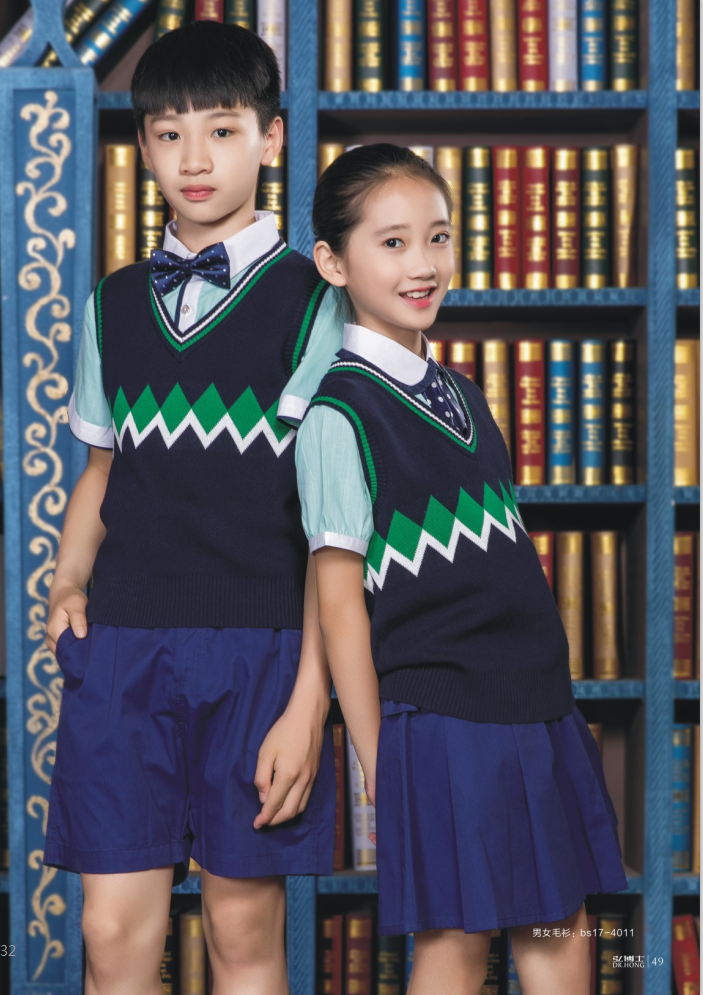The golden rule of educating children
Pubdate:
2022-05-28 11:29
It's been two months since school began! It has nothing to do with education, age, industry or economic foundation... The only thing that matters is the relationship between mother / child!
Guess what Xiaobian is going to say!
Yes, I want my son to be a dragon and my daughter to be a Phoenix. Which parent doesn't want his children
Out to the ground?
So such pictures are often staged!
Do not write
The mother is kind and the son is filial. When you do your homework, the chicken flies and the dog jumps
The picture is very strong!
"It's all for your own good"
Uh! In fact, this sentence was also heard by Xiaobian since childhood! And my ears are cocooned

It's been two months since school began! It has nothing to do with education, age, industry or economic foundation... The only thing that matters is the relationship between mother / child!
Guess what Xiaobian is going to say!
Yes, I want my son to be a dragon and my daughter to be a Phoenix. Which parent doesn't want his children
Out to the ground?
So such pictures are often staged!
Do not write
The mother is kind and the son is filial. When you do your homework, the chicken flies and the dog jumps
The picture is very strong!
"It's all for your own good"
Uh! In fact, this sentence was also heard by Xiaobian since childhood! And my ears are cocooned

2. Wolf law
Wolves are the most curious animals in the world. They don't take anything for granted, but tend to study and experience by themselves. The mystery and novelty of nature will always amaze wolves. Wolves are always interested in their surroundings, so they can constantly find food in the environment, understand the dangers, and survive effectively.
Therefore, to cultivate a child's strong learning ability, we must cultivate the child's curiosity about the world, let him carefully observe life, and use interest as his learning teacher. Such a child will continue to have new ideas and inspiration for work in the future.

3. Southerly effect
The north wind and the south wind bet to see who was more powerful. They decided to take off the pedestrian's coat. No matter how strong the north wind is, pedestrians just wrap their clothes tighter and tighter; But when the south wind blows gently, people open their coats.
The south wind effect tells people that tolerance is a force stronger than punishment. The same is true of educating children. Parents who constantly criticize their children will eventually find that their children are less and less listening to them. Every child may make mistakes. Parents should tolerate their children's shortcomings, deal with various problems in daily life objectively, rationally and scientifically, be considerate of their children, and do a good job in self-cultivation at the same time, so as to better educate their children.
4. Rosenthal Effect
Rosenthal is an American psychologist. In 1966, he conducted an experiment on students' expectations of performance. He gave a list of the "most promising" to the headmaster after a test in a class. The headmaster gave the list to the head teacher of the class. Eight months later, when Rosenthal and his assistant came to this class again, the scores of the students on the list improved significantly. The secret of improving students' grades is very simple, because teachers pay more attention to them.
Every child may become an extraordinary genius, but the realization of this possibility depends on whether parents and teachers can cherish, expect and cherish these children as they treat genius.
The direction of a child's growth depends on the expectations of parents and teachers. Simply put, what kind of person you expect your child to be, your child can be.

Is that how you criticize children?
1. low voice:
Parents should criticize their children in a voice lower than usual. A "low and powerful" voice will attract their children's attention, and it is easy for them to listen to what you say. This kind of "cold treatment" in a low voice is often better than a loud reprimand.
2. silence:
Once a child makes a mistake, he is always worried that his parents will blame him. If, as he thinks, the child will feel "relieved" and will not take criticism and his own mistakes seriously. On the contrary, if the parents keep silent, the child's psychology will be tense, he will feel "uncomfortable" and reflect on his mistakes.
3. implication:
If a child is guilty of mistakes, if the parents can enlighten the child calmly and do not directly criticize his mistakes, the child will soon understand his parents' intentions and be willing to accept their parents' criticism and education, and this will also protect the child's self-esteem.
4. guidance:
When a child gets into trouble and is scolded by his parents, he often puts the blame on others. At this time, he replies, "if you were that person, how would you explain it?", This makes the child think: if he is someone else, what should he say? This will make most children find themselves at fault, and will urge them to reflect on themselves. It is wrong to blame others for all the responsibilities.
5. timely:
Children have a poor sense of time, are fun by nature, and are easily distracted. The mistakes they just make will be forgotten in the twinkling of an eye. Therefore, parents criticize that children should strike while the iron is hot and should not procrastinate. Otherwise, they will not play their due role in education.


